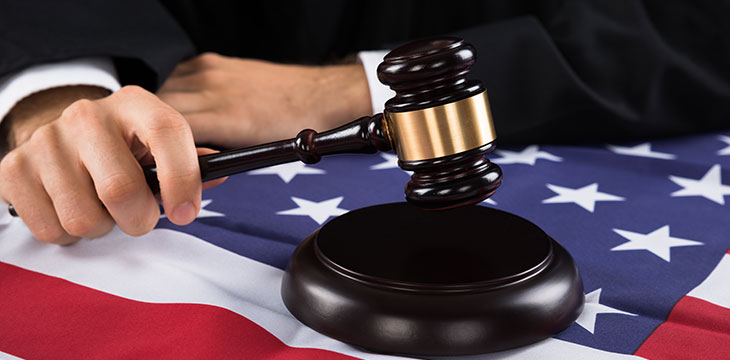
Ripple’s Legal Battle
For years, Ripple has been embroiled in a legal battle with the U.S. Securities and Exchange Commission (SEC), which alleged that the company had conducted an unregistered securities offering through its sale of XRP tokens. The SEC argued that XRP should be classified as a security, subject to the same regulatory requirements as stocks and bonds. However, on July 13, a federal judge dismissed the SEC’s claims, granting a major win to Ripple and the broader cryptocurrency industry.
Landmark Ruling

U.S. District Judge Sarah Netburn ruled that Ripple did not violate federal securities laws by selling XRP on public exchanges, asserting that the SEC failed to provide sufficient evidence to support its allegations. This decision is significant as it establishes a precedent for how cryptocurrencies may be classified, providing much-needed clarity for the industry. It reinforces the notion that not all cryptocurrencies should be automatically deemed securities and that each digital asset should be evaluated on a case-by-case basis.
Implications for Ripple and XRP
The ruling marks a turning point for Ripple, which has been under immense regulatory scrutiny since the SEC filed its lawsuit in December 2020. With the legal cloud now lifted, Ripple can refocus its efforts on advancing its blockchain-based solutions for cross-border payments and expand its partnerships with financial institutions worldwide. The legal victory also enhances Ripple’s reputation, demonstrating its commitment to regulatory compliance and legitimacy.
Following the court decision, the value of XRP experienced a remarkable surge. Market confidence in Ripple and its cryptocurrency skyrocketed, resulting in a substantial increase in XRP’s price. The ruling has reinvigorated investor interest in XRP and has led to heightened trading volumes across various cryptocurrency exchanges.
Industry Implications
Beyond Ripple, this legal victory carries broader implications for the entire cryptocurrency ecosystem. The ruling signifies that not all cryptocurrencies will be subject to stringent securities regulations, reinforcing the notion that the industry can continue to innovate and evolve without undue burdens. It offers hope to other cryptocurrency projects facing similar regulatory challenges and may encourage more institutions to explore partnerships and integrations with blockchain-based solutions.
Conclusion
Ripple’s legal triumph in the courtroom has not only vindicated the company but has also ignited a significant rally in the value of its cryptocurrency, XRP. The judge’s ruling, dismissing the SEC’s claims of securities violations, has provided much-needed clarity to the cryptocurrency industry and set a precedent for future regulatory evaluations. Ripple can now concentrate on furthering its technological advancements, while the broader cryptocurrency ecosystem can take solace in the fact that not all digital assets will be automatically treated as securities. As the dust settles, it will be fascinating to observe how Ripple’s legal victory shapes the future of the industry, unlocking new opportunities for innovation and growth.
